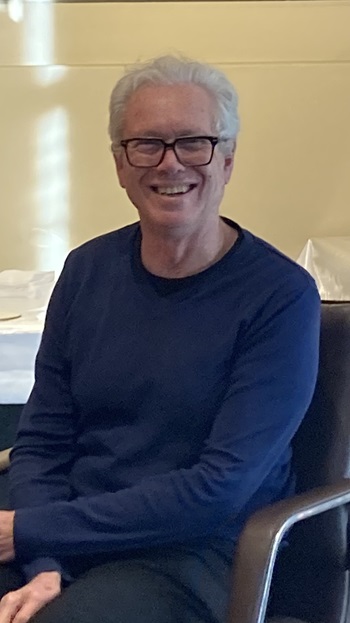2024 | Volume 25 | Issue 4

Author: Professor Richard Turner
Richard Turner is a proud general surgeon and Professor of Surgery at the University of Tasmania. Since joining the GSSE committee, he has developed a passion for physiology he never know he had when he first sat that examination many years ago.
A typical Type X question might read as follows:
Question 1. The Generic Surgical Sciences Examination
A. consists of fair, valid, high-quality assessment items in anatomy, pathology, and physiology. T/F
B. is a test of candidates’ commitment to a career in surgery. T/F
C. has been developed by a group of dedicated, passionate, and collegial experts. T/F
D. assesses knowledge that forms the foundations of surgical practice. T/F
The correct answers to these questions might depend on when you sat the GSSE. As someone who did not enjoy sitting the GSSE on more than one occasion, I was rather bemused when some 16 years ago I was invited to join the GSSE committee to help write the Basic Science multiple choice questions that had previously sent my overthinking brain into meltdown.
As an academic general surgeon with a growing interest in teaching and assessment, I nevertheless decided to accept the invitation, if for no other reason than to change the system from the inside—by seeking to produce fair, valid, high-quality assessment items in anatomy, physiology, or pathology.
An air of change was already evident the moment I walked into the room at the back of the Spring Street establishment. Surgeons from all specialties and other experts were busy at work on banks of computers or deep in discussion regarding the wording of a question stem or the quality of its distractors.
I was co-opted to the physiology sub-committee, where I soon realised what a rigorous process this all was. No longer were questions written to test an obscure piece of trivia known only to a certain individual. Redundant verbage, double negatives, and word plays were to be avoided at all costs. Previously administered items were reviewed for reliability and validity based on a variety of psychometric indicators. I stayed on the physiology sub-committee until my nine-year term expired in 2017 and have since been invited back to work on two practice papers that will soon be made available as a learning resource to aspiring GSSE candidates.
The main GSSE committee remains a hive of activity. Three anatomy, pathology, and physiology papers must be set each year, preferably 12 months in advance. Poorly performing questions must be suitably modified or removed from the item bank. New questions must be written to the specifications of new scientific knowledge or re-referenced to the latest editions of recommended textbooks. To accomplish these important tasks, there is a constant need to recruit new members. So you if you have an interest in anatomy, pathology or physiology—and can commit time virtually or coming in-person to Melbourne for two to three days two to three times a year—please submit an expression of interest and your CV to [email protected]
This will ensure that the correct responses for Question 1, parts A-D are all TRUE.